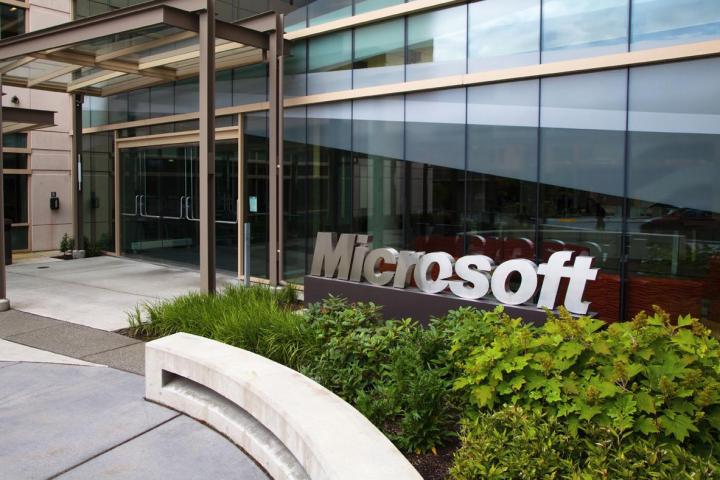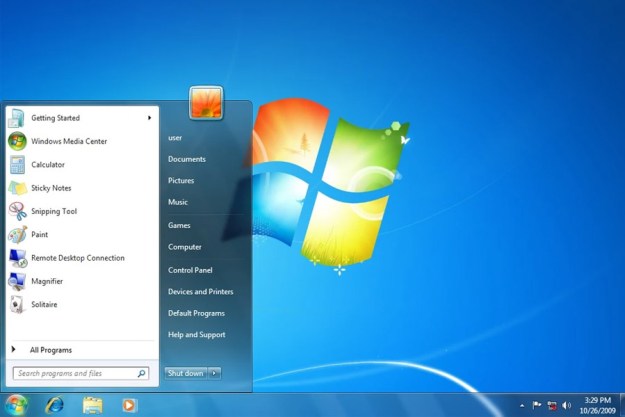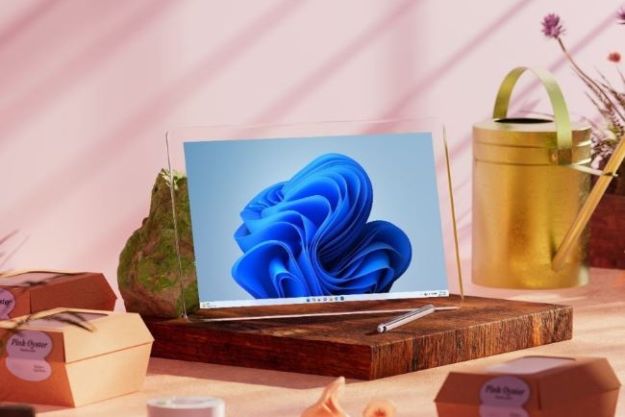
It sounds like Microsoft is trying to scare Windows XP users into switching to Windows 7 or Windows 8 as soon as possible.
When Microsoft stops supporting Windows XP on April 8, 2014, the company is warning users that malware and other security threats could become major concerns. One possibility includes a fear that malware developers will take future updates designed for Windows Vista and reverse engineer them to develop exploits specifically targeting Windows XP.
The latest Microsoft Security Intelligence Report gives a pretty good idea of how vulnerable users are to malware attacks and infections based on what operating system they use. Those running the 32-bit version of Windows XP, according to the graph below, were found to be infected with malware most often. The rate of incidents decreased with machines that used newer versions of Microsoft Windows, with infection rates lowest on machines running the 32-bit and 64-bit versions of Windows 8.

So is there a solution that doesn’t involve upgrading to the meh-inspiring Windows 8? Well, there’s always Windows 7, which can be had for $100 on Newegg and will continue to receive some form of support until 2020. Full support of Windows 7 will continue to be provided by Microsoft until January 12, 2015. After that date, you’ll still get basic Windows 7 updates for free, but Microsoft will cease to provide Windows 7 users with non-security hotfixes starting on April 15, 2015. In order to continue receiving them, you’ll need to opt for a paid subscription. Microsoft will stop providing any form of support for Windows 7 on January 14, 2020.
If you do decide to move up to Windows 7, at least you’ll buy yourself six years of free support of some kind form Microsoft. If you’re running Windows XP and you don’t think that non-full support will cut it until 2020, consider this: Full support for Windows XP stopped on April 14, 2009.
Editors' Recommendations
- How to set up Windows 11 without a Microsoft account
- 7 beloved Windows apps that Microsoft has killed over the years
- Microsoft plans to charge for Windows 10 updates in the future
- I hope Microsoft adds this rumored AI feature to Windows 11
- Microsoft is removing a Windows app that’s almost 30 years old


